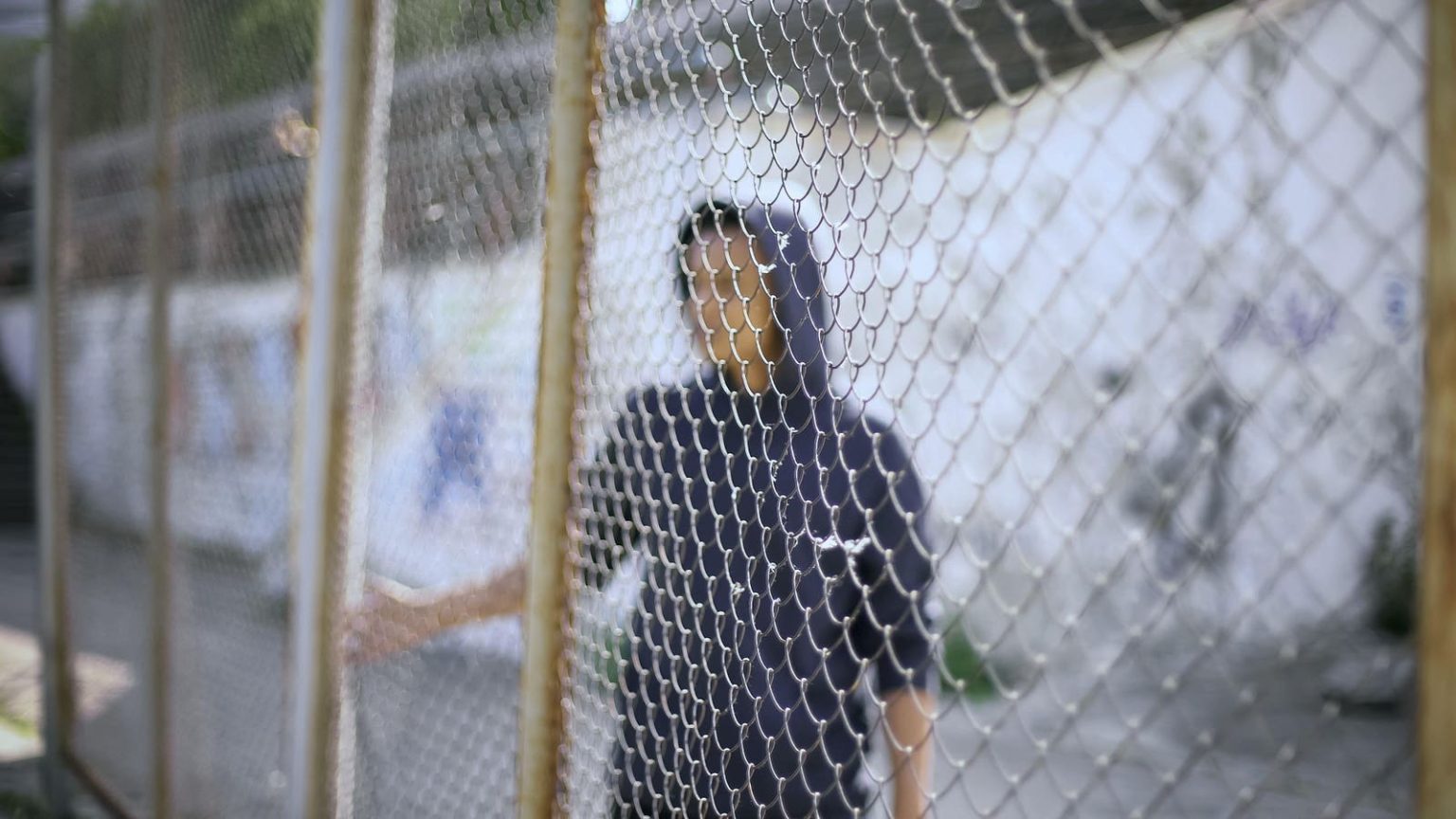A recent Gallup poll has shown a surprising shift in what Americans perceive as the most pressing issues facing the nation. Healthcare, which has traditionally been a top concern, has now fallen to the 16th spot, with immigration, government effectiveness, and the economy taking the top spots. This change in priorities may seem baffling given the significant role healthcare has played in recent election cycles, but the reality is more complex than it appears.
While healthcare may have dropped in the rankings, its importance has not diminished. The Covid-19 pandemic has reshaped our understanding of healthcare, highlighting its impact on a wide range of societal issues. The pandemic not only strained our healthcare system but also exacerbated underlying problems in the economy, government effectiveness, and social cohesion. The boundaries between healthcare and other aspects of our lives have become blurred, with healthcare costs now intertwined with economic pressures such as inflation, housing costs, and food prices.
The economic impact of the pandemic has been significant, with disruptions to supply chains and government relief packages contributing to inflation and rising homelessness. This has made healthcare costs, once seen as a separate financial burden, just one of many unaffordable expenses for Americans. The mental health and societal impacts of the pandemic have also been profound, fueling feelings of loneliness, fear, and division. Xenophobia and distrust towards others have increased, as evidenced by concerns around immigration and race relations.
The government’s handling of the pandemic has further eroded trust in leadership and deepened societal divisions. Testing shortages, inconsistent health advisories, and political struggles have led to doubts about elected officials and regulatory bodies. The failure to effectively address the pandemic and other basic needs has left many Americans yearning for unity and government accountability. It is clear that the pandemic has unraveled the social fabric and collective psyche of the nation, reshaping priorities and perceptions.
While the Gallup poll suggests a shift in priorities away from healthcare, it does not mean that Americans are satisfied with the current healthcare system. In fact, the majority of adults believe that the system does not meet their needs. Addressing the pressing issues highlighted in the poll, such as government effectiveness and the economy, will require tackling healthcare challenges head-on. Rising healthcare costs, projected to reach $7 trillion by 2031, must be addressed to effectively tackle economic hurdles and societal divisions. Additionally, addressing lobbying practices in the healthcare industry, which have undermined the credibility of elected officials, is crucial for restoring trust in government.
The lasting impact of the Covid-19 pandemic on American society is clear, with profound effects on perceptions and priorities. It has laid bare the vulnerabilities of the healthcare system, government leadership, and social cohesion. Moving forward, addressing these challenges will be essential for rebuilding trust, unity, and resilience in the face of future crises.


